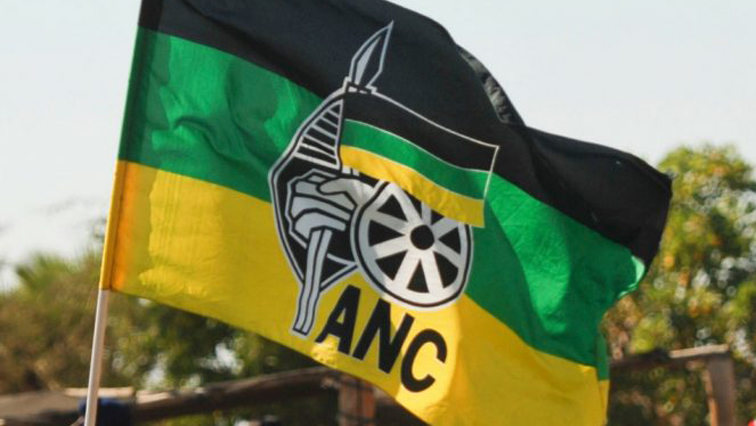The ANC, Africa’s oldest liberation movement, is celebrating 113 years of existence this coming weekend. This year’s January 8 Statement rally will be held at Nelson Mandela Park at Khayelitsha in Cape Town on Saturday.
The ANC has been the governing party since the first democratic elections in 1994, marking the country’s political liberation from apartheid. However, in last year’s general elections, it failed to win an outright majority in Parliament, giving rise to the formation of a Government of National Unity (GNU).
Political analyst and historian, Doctor Zakhele Shamase of the University of Zululand, believes unfulfilled promises and the non-implementation of congress resolutions caused the party’s decline.
He says factionalism and breakaway parties also took their toll.
“What has led to the decline of the ANC is the corruption and failure to deliver. Budget is there but budget is not used maximally to the benefit of the services that they are meant for and also nepotism, these are things that have annoyed the people. The last straw is that of factionalism, that developed within the ANC itself. It widened beyond them. The breakaway parties in the ANC started with UDM, then came COPE, ATM, uMkhonto weSizwe, it’s because of factionalism that is there in the ruling party and they have been arrogantly not attending to that using the majority support they have on the ground to ignore whatever happens,” explains Shamase.
Shamase believes the ANC should focus on implementing its policies, rather than paying attention to the opposition and its critics.
“Just concentrate on your program, the ANC has a very good program, good policies. No party in South Africa has the better policies than the ANC nationally even internationally but the problem is implementation, and misdirection of the budget and funds meant to implement those policies,” says Shamase.
ANC NEC to meets in Cape Town:

